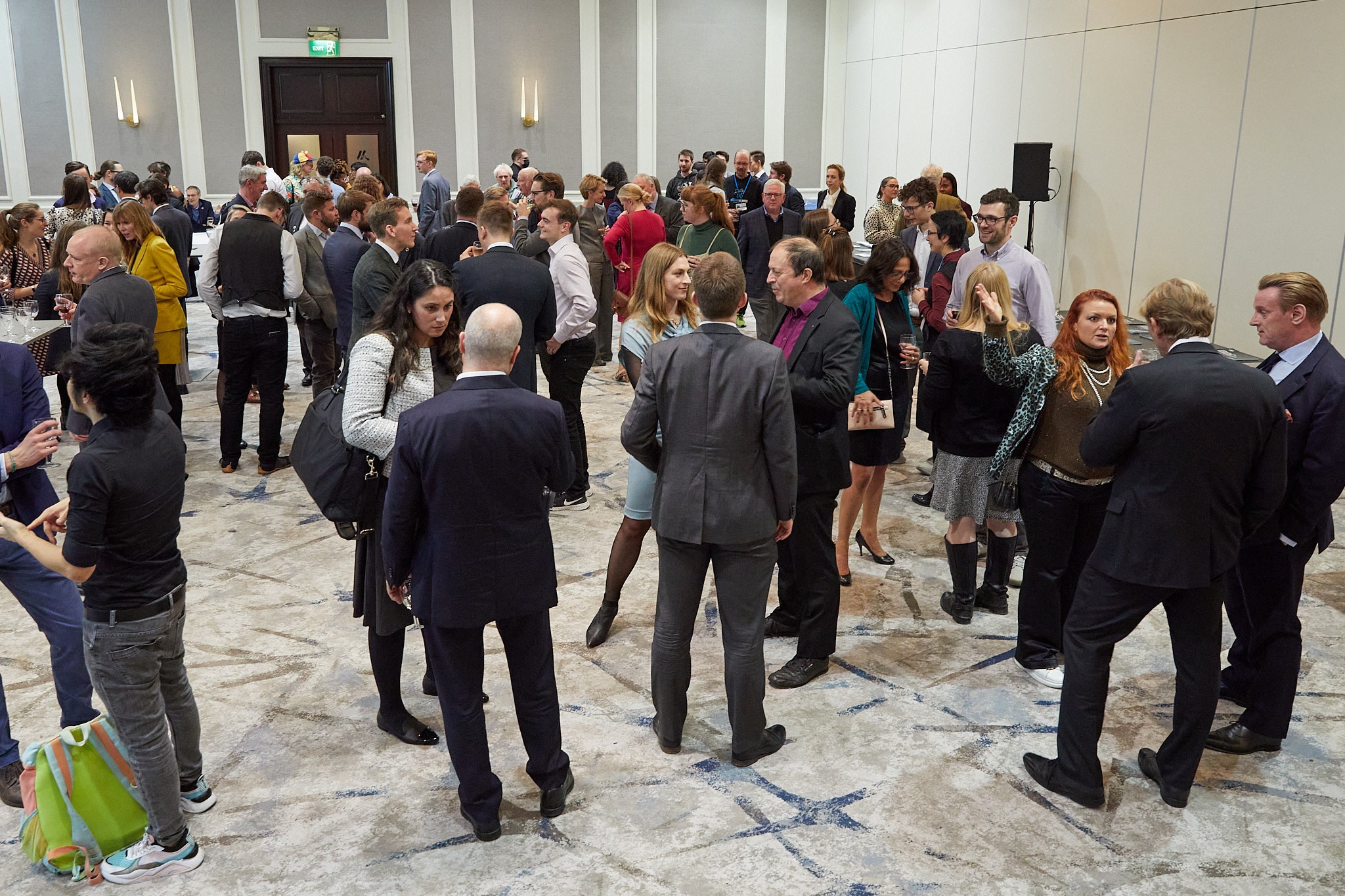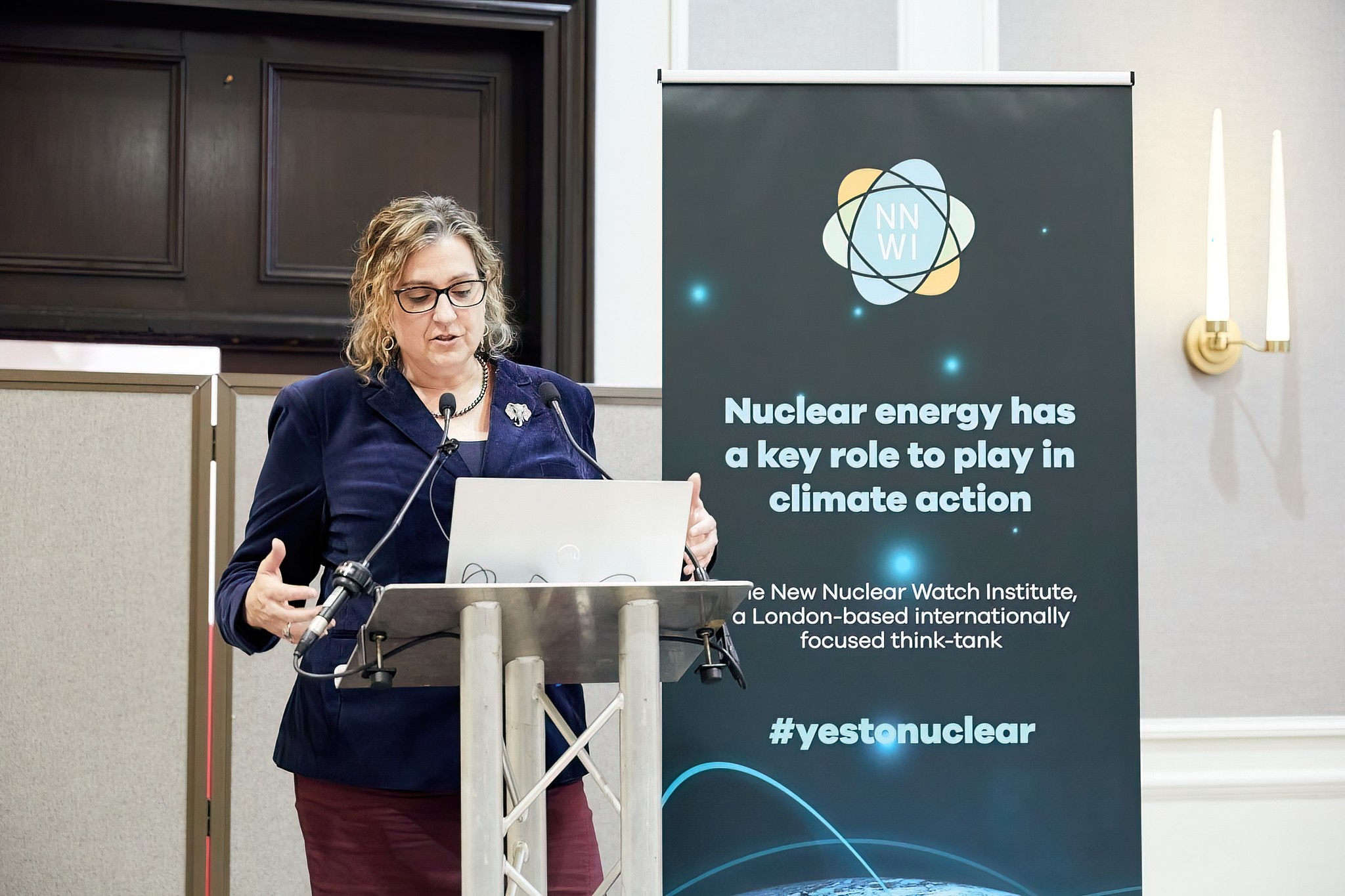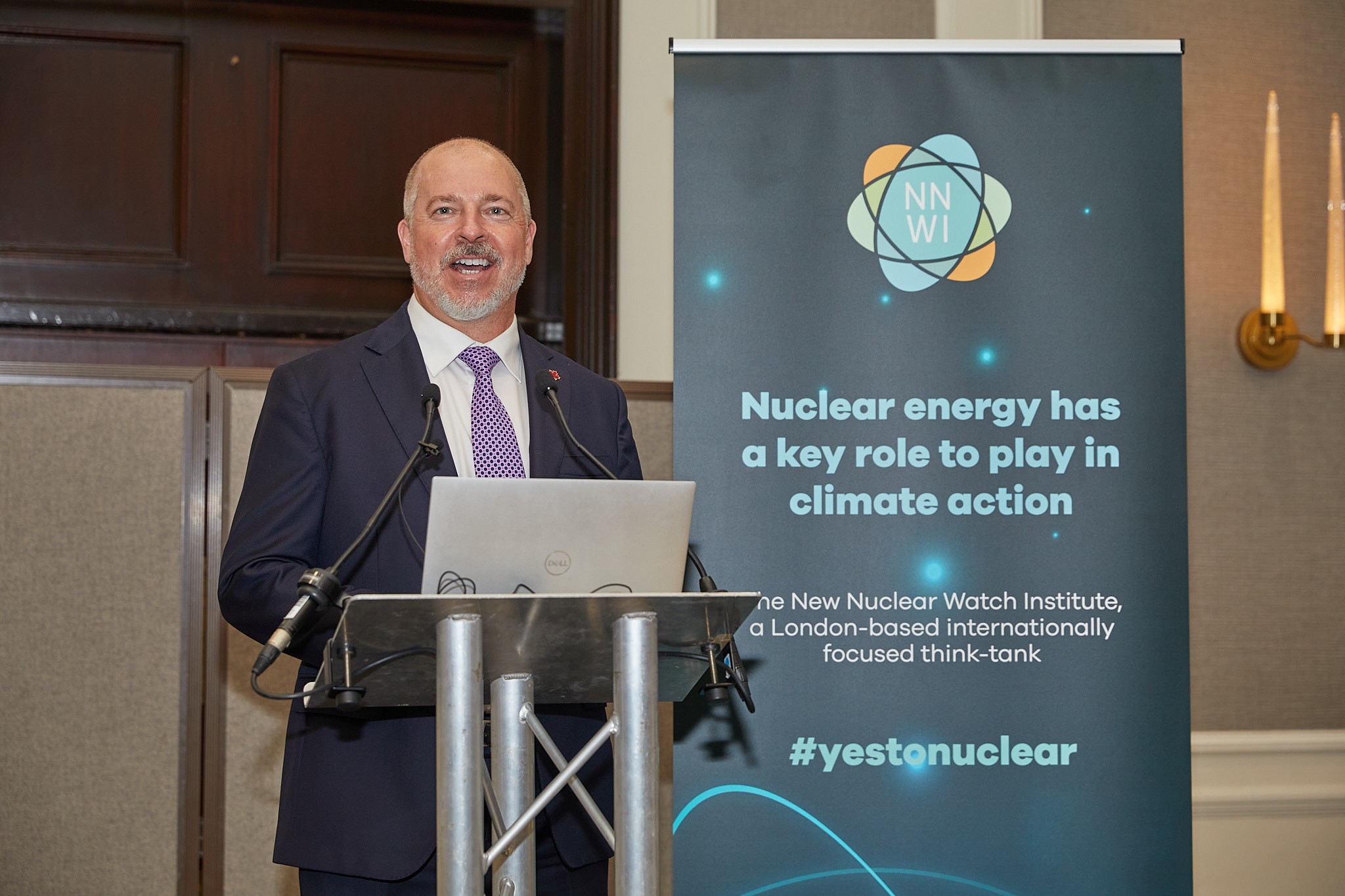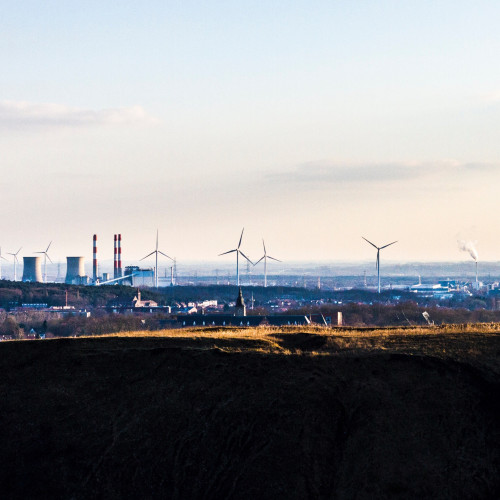Nuclear power offers the world an abundant future if it is embraced, said speakers at an event jointly organised by the New Nuclear Watch Institute (NNWI) and World Nuclear Association (WNA) during COP26 in Glasgow.

Nuclear technology has now developed to the point where it could save the planet from catastrophic climate change and, if introduced safely and more widely, could help countries avoid the path of economic scarcity.
Delegates attending the COP26 from all over the world came to the event to hear about how a proven technology - nuclear – should have its rightful place alongside renewable forms of energy as the world aims for net-zero carbon emissions.
Speakers were looking to the future, imagining a world free of fossil fuels. While NNWI Chairman Tim Yeo describes the magnitude of the task ahead of us, he believes that nuclear can and must lead the world’s transition to net-zero. It is a technology that has been neglected for too long but is uniquely suited to the task ahead.
Director General of World Nuclear Association, Sama Bilbao y León, delivered an eloquent plea for the world to think in terms of abundance, not scarcity – and for all nations to move towards a net-zero future together. While noting the significance of meeting in Glasgow, the city where the steam engine was invented, she emphasised the importance of looking to the future, not the past.

Tom Samson, the CEO of Rolls-Royce SMR, encouraged advocates of nuclear energy to tell others “that nuclear is the solution to climate change,” before going on to give a brief explanation of the revolutionary work being fulfilled by Rolls-Royce through their production of SMRs.
Warming to the theme of showing more courage in making the case for nuclear energy, Nuclear Industry Association CEO Tom Greatrex revealed that 75% of the power for the COP summit itself came from nuclear and renewable wind energy.
Diane Cameron of the OECD Nuclear Energy Agency remained concerned that nuclear energy does not get referenced enough in debates around clean energy, even by countries that actively use it. But she did recognise that nuclear energy has been included in COP in a way that has never been before.

Her enthusiasm was replicated by Maria Korsnick, the President and CEO of the Nuclear Energy Institute. Polina Lion, Chief Sustainability Officer of Rosatom, took the time to remind us of the benefits of nuclear energy and why we should be excited, not daunted, by the challenge ahead of us. Nuclear energy, she pointed out, is not only a source of electricity, but an agent of change. Jessica Johnson of FORATOM told the guests that “We are in this industry because we are passionate about this industry”.
John Gorman, the President and CEO of the Canadian Nuclear Association explained the need to stay grounded, to use the climate crisis as an opportunity for a just transition, and to exercise leadership at this time.








